Monitoring the government is a core task of parliaments. Members of parliament have various control instruments at their disposal. The means by which they exercise parl. The means by which they exercise parliamentary control depend primarily on which parliamentary group they belong to: While the opposition parliamentary groups have a particular interest in scrutinising the government publicly - for example by means of question rights - the parliamentary groups in government form a functional unit with the government and scrutinise it primarily in closed sessions.
For questions about the control activities of parliaments, please contact Anastasia Pyschny (pyschny@iparl.de) or Prof Dr Franziska Carstensen (carstensen@iparl.de).
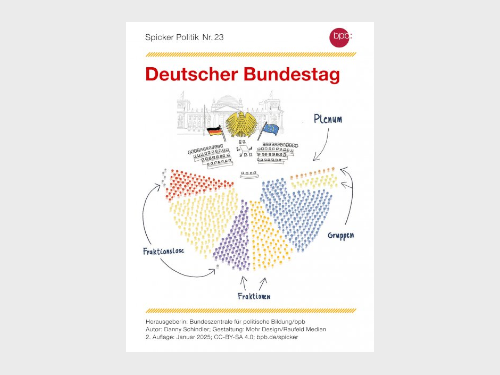
All the important information on fundamental topics from politics and society on one A4 page. This is the "Spicker" from the Federal Agency for Civic Education. Issue no. 23 on the German Bundestag by Danny Schindler is now available in an updated version. In it, among other things: Why can the Bundestag also be called a parliamentary group?

Otto von Bismarck is credited with the quote: "Laws are like sausages, it is better not to be there when they are made". In this extraordinary session of the Zwischenruf podcast, we do just that: we take a look at parliaments and legislation. Dr Szabó Zsolt shares his experiences of parliaments from around the world and tells us what parliaments - starting with their architecture, seating arrangements, their and their history - say about and societies. Daniel Hellmann discusses with the Hungarian political scientist how parliament buildings can be compared, from the classic semicircle to the Westminster model opposite, and what significance these "stages" of public debate have.
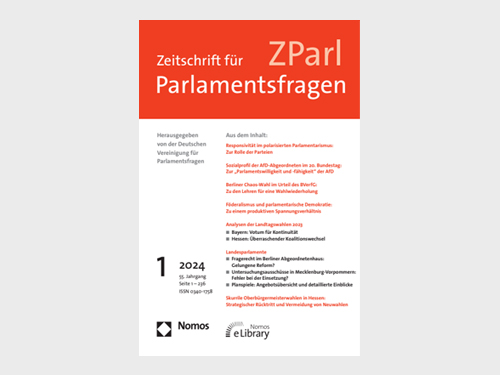
A comprehensive reform of the right to ask questions in the Berlin House of Representatives was intended to strengthen the parliament. In her differentiated analysis, Franziska Carstensen answers the questions of whether this project has been successful and where there is a need for improvements.

What are the possibilities and limits of the Citizens' Assembly set up by the German Bundestag, in which randomly selected citizens discuss a chosen topic and draw up recommendations? The CDU/CSU parliamentary group in the German Bundestag held an expert discussion on this topic, in which Danny Schindler took part as a panellist.
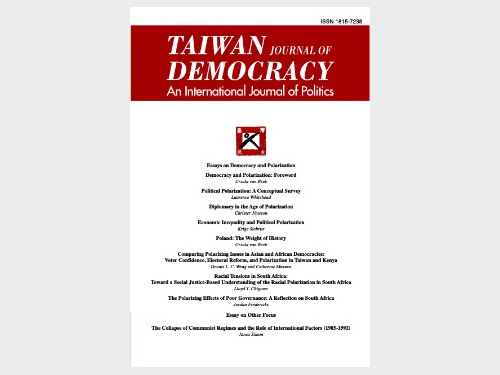
Following the outbreak of the Covid-19 pandemic, the functioning of parliamentary control of the Bundestag and the Assemblée nationale was criticised. While the criticism in France focussed primarily on legal obstacles, in Germany the work of the opposition parties was judged to be inadequate. This article examines the question of which criteria can be used for a more systematic assessment of parliamentary control in times of crisis.
Sign up to receive updates, promotions, and sneak peaks of upcoming products. Plus 20% off your next order.